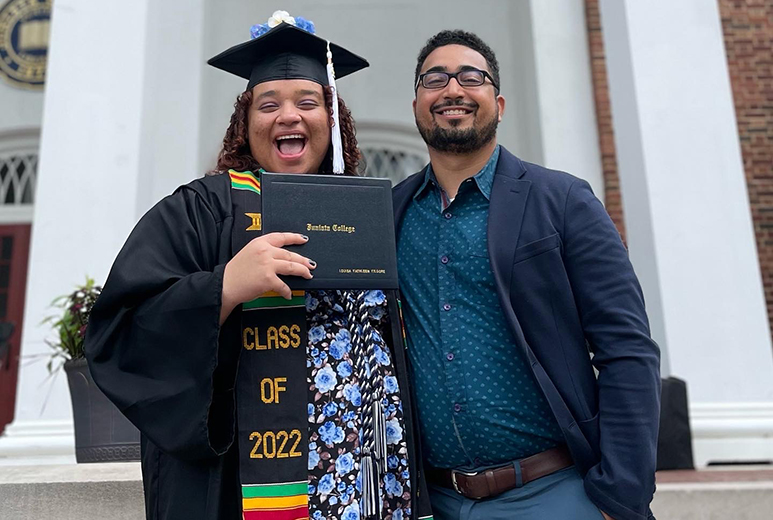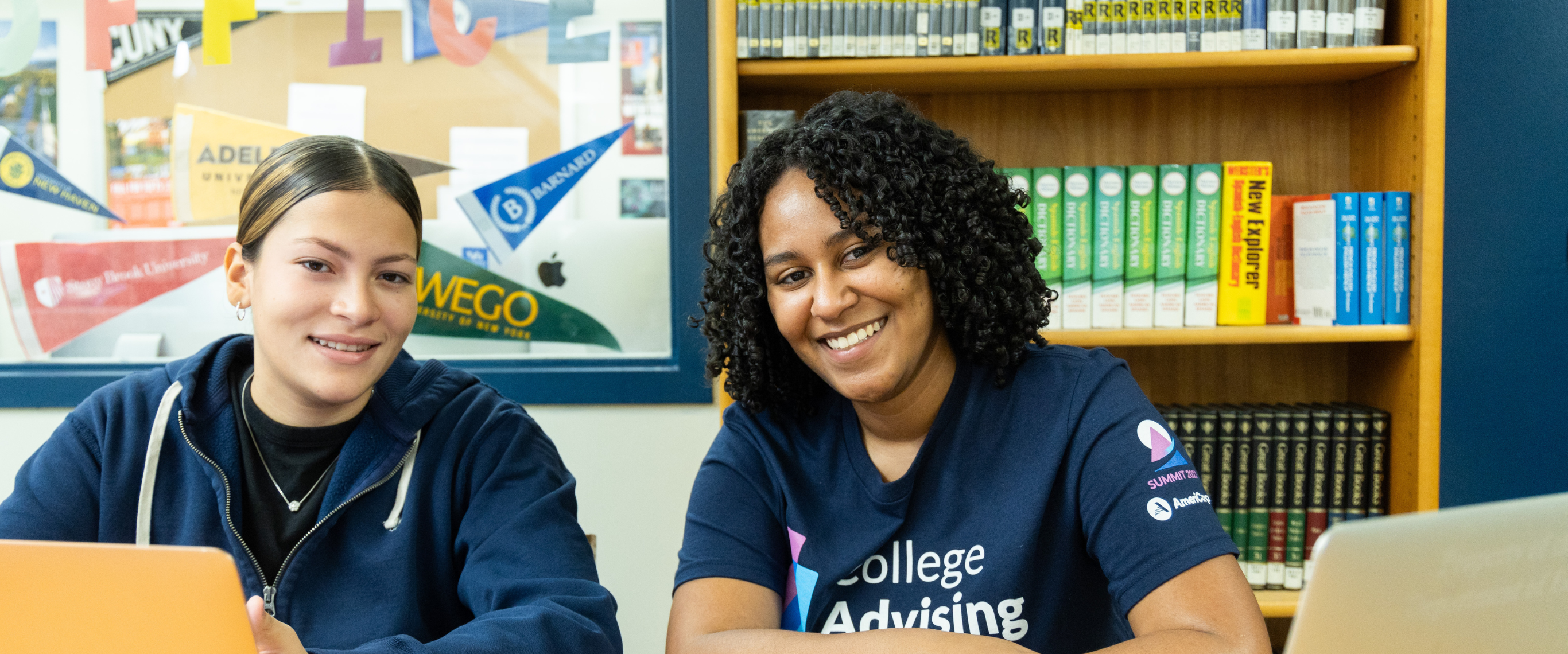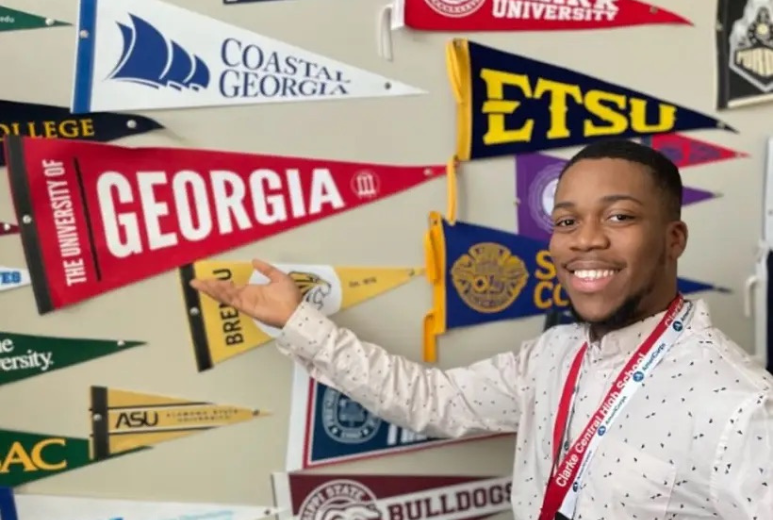Preston Kilgore


Preston Kilgore
I was fortunate enough to play collegiate soccer at Franklin & Marshall College, and because I knew the importance of being a student-athlete, I understood why college was an important piece of that. However, as a first-generation student, I had a hard time navigating or understanding what it meant to be a college student or what the process was to get in.
I was always interested in helping people, I just didn’t know how to channel that into a career in public service while also making money to support myself.
I saw my mom struggle, and knowing her struggle, I knew that I wanted to find a job that not only paid me a livable wage but also supported my interests.
My mom, who is one of the most amazing women who raised her three children as a single parent, always talked to us about college, even though she never went. It was always assumed I would go, however, as my senior year rolled around, I had no idea what I was doing. I began searching for colleges through the soccer lens; academics were secondary. I did not fully understand financial aid or the benefits of a big or small school; I just knew I needed to go.
College was important to me, but it was a means to continue playing soccer and I saw it as a nonnegotiable requirement after high school. I eventually found my academic interest, largely because I went to a liberal arts college where I could be in small classes and because the academic rigor was immense, but also because I was supported by amazing human beings. As I was graduating, for the first time, I realized that my journey was not unique, and there were others that needed help “finding” themselves. That was why I was proud to connect with College Advising Corps in Pennsylvania and its founding program director, Bob Freund, who made a lasting impact, influencing the direction of the corps even today.
From what university did you graduate and what was your major?
I received my Bachelor of Arts degree in Sociology from Franklin & Marshall College. I received my master’s degree in Urban and Public Affairs from the University of San Francisco.
How did you hear about College Advising Corps and what compelled you to apply?
I received an email from the program director inviting me to apply to be a College Advising Corps adviser with the Pennsylvania Corps. I applied because I was interested in the mission.
What was the most challenging aspect of serving as a CAC adviser?
The most challenging aspect was understanding that the education system that we operate in isn’t always set up in a way to serve all of our students. Going in, I quickly learned that I may not be able to change that system, however, I will be able to change individual student lives.
What was most rewarding as it relates to your service?
The most rewarding part was actually after I left College Advising Corps. It was keeping in touch with my students and seeing them graduate, but also keeping in touch with the amazing people that do this work!
Where has life and career taken you since your time with College Advising Corps?
I have gone on to work for a City Council/Supervisor on the San Francisco Board of Supervisors in California. I work in education, small business, cannabis, public transit, and housing policy. Prior to moving to San Francisco and attending graduate school, I worked for the Lenfest Scholars Foundations, managed political campaigns, and worked in political consulting.
How has your service with CAC helped propel or inform your continued education and/or career?
Serving as a College Advising Corps adviser has allowed me the opportunity to understand how systems work, the policy behind systems, and how to navigate bureaucratic processes. I continue to be inspired by my time in the Pennsylvania Corps to continue to serve people.
What do you hope to be doing 10 years from now?
I hope to continue my work to inspire people and change lives through the important work of public service.
If you could share just one bit of advice with our incoming advisers, what would that be?
I recommend that new advisers build relationships and surround themselves with people who are passionate about what they do. Stay connected to your institutions and your College Advising Corps family.
If you are a College Advising Corps alum and would be willing to share your experience serving as an adviser, please contact Karen E. Butler, Sr. Director of Communications. If you are a recent or soon-to-be college graduate and interested in learning more about serving, visit Become An Adviser.


